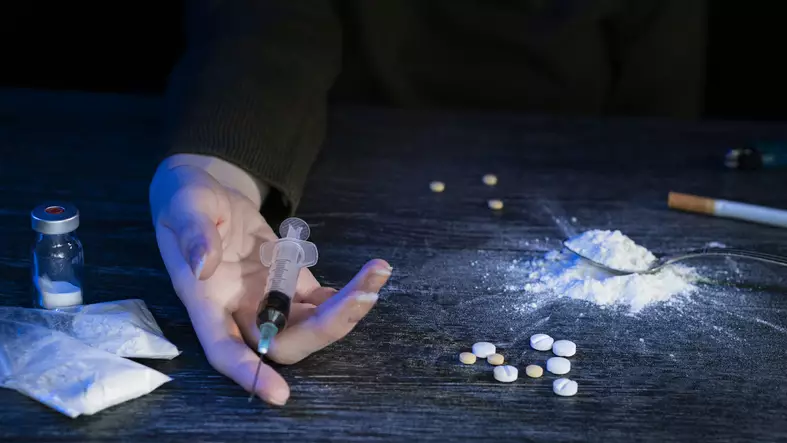Can anyone develop an addiction? Substance use disorder is a condition that anyone can suffer when consuming alcohol or using drugs on a consistent basis. However, it is not fully understood why some people suffer from addiction more so than others. There is also no simple way to know who is most at risk. However, by better understanding the risk factors for substance abuse, it may be possible to better understand what could occur and what steps a person can take to avoid this onset.
What Are Common Risk Factors for Substance Abuse?
There has been substantial research completed over the years to try to pinpoint exactly what puts a person at a higher risk of addiction, but there is no single factor that seems to dominate all others. There are many factors that can put a person at risk for developing dependency. Here are some risk factors examples:
Family history
Some people may be more likely to use drugs and alcohol if they grow up in an environment where those substances are readily used in the home. If a person is exposed to this type of behavior at a young age, they are more likely to engage in it themselves as they get older simply because it seems normal and common. Yet, that is not always the case. Some people who are exposed to abusive relationships with parents or watch a loved one die from an overdose are less likely to ever use those substances because of what they experienced.
Early use
People who use drugs and alcohol at a young age, including into their teenage years, are more likely to develop dependence than those who do not. That is due, in part, to the fact that a person’s brain is not fully developed until they reach their late teens to early 20s. When substances are present during those later years, it can impact cognitive function and the further development of the brain, putting a person at risk for long-term dependency.
Mental health disorders
Some people may be at a higher risk for developing substance use disorders because of underlying mental health disorders. This may include disorders such as depression, anxiety, post-traumatic stress disorder, and bipolar. These conditions may not cause the onset of addiction, but sometimes alcohol or drugs may help a person deal with the symptoms they have from those mental health disorders. For example, alcohol is a depressant, which may soothe the nerves of someone with anxiety. Over time, that consistent use of alcohol leads to the development of dependence.
Lack of family involvement and supervision
There are some instances in which a person does not have a lot of parental supervision or may not have a parent that is involved in their day-to-day life as much as others. This lack of supervision makes it more likely that the individual will be involved in drugs and alcohol. That is not because of the child’s fault but because of things like peer pressure. Other times, the drugs are simply more accessible within these environments, and that makes them easier to start to use, especially when no one is there to stop them from doing so.
Past trauma
A person may be at higher risk for addiction to substances if they have some type of trauma in their history. This could include sexual, emotional, physical, or mental abuse. In these situations, drugs or alcohol can work as a coping mechanism for what they are thinking about and reliving. Many times, people who watch a loved one die, face traumatic illnesses, and those who face physical abuse on an ongoing basis turn to substances as a way to relieve their anguish and pain. Over time, this does not help, and they need to use more of the substance to help. This may lead to the onset of dependence.
What Can You Do If Your Loved One Is at Risk?
Recognizing these risk factors for substance abuse is just the first step. For many men and women, as well as teens, the key is not to assume that, just because you live in a poor environment that you are going to develop substance use disorders. Rather, that is more reason to reach out for help as soon as possible to get help, even if you are unsure if you are dependent on substances just yet.
If you or your loved one is struggling with dependency or you are at risk for developing addiction, it is critical to take action as soon as possible. You can get help today by contacting 1st Step Behavioral Health. Even for those with addiction and complicated history, there is help available. You can recover. Call or text our admissions team at (866) 971-5531 to get treatment for yourself or a loved one facing substance addiction.

